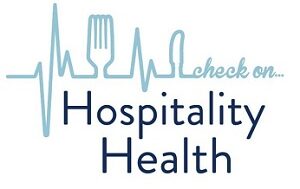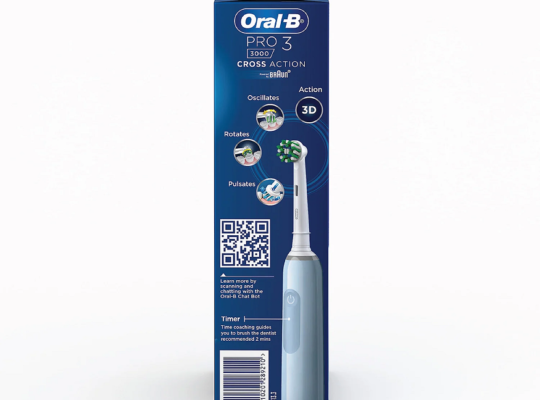I was doing some research into a chronic health condition when I ran across a clinic advertising its ability to assist with plant-based medicine. My curiosity being piqued, I decided to investigate further. I discovered that plant-based medicine is not the same thing as plant-derived medicine. In fact, there is a significant difference between the two.
Although plant-based medicine has been around for millennia, it has been overshadowed in the West by pharmacology. Nearly all Western medical treatments are now pharmacologically based. This is to say that they are based on prescription medications and surgical procedures. The plant-based philosophy is completely different.
Plants as Medicines
When we talk about plant-based medicines, what we are really talking about are plants being used medicinally. An example nearly everyone is familiar with is medical cannabis. The plant and its extracts are used medicinally. Believe it or not, we are quickly approaching 40 states with laws recognizing medical cannabis as a viable medicine.
Psychedelics are also big right now. Several states with active medical cannabis programs already in effect are now looking at doing the same with psychedelic plants. Think magic mushrooms if you need an image in your brain. Again, the use of psychedelics medicinally involves using a plant or its extracts as a medicine.
KindlyMD.com is a pain clinic operator with multiple locations throughout Utah. They say plant-based medicine is gaining popularity among patients who no longer want to limit their healthcare choices to pharmacologically based treatments. These are patients looking for a more natural way to address medical issues. One of the ways KindlyMD helps is assisting with the Utah Medical Card that gives patients access to plant-based medicines.
Medicines Derived From Plants
While plant-based medicine involves directly using plants and their extracts as medicines, plant-derived medicine relates to pharmacological products containing active ingredients derived from plants.
There are far more plant-derived medications than most people know. Indeed, some 80% of the prescription drugs used to treat cardiovascular disease, cancer, and infections are plant-derived. Some or all their active ingredients come from plants.
The key difference is that the ingredients in question are not utilized on their own. They are not standalone medicines patients take directly. Instead, they are mixed with other ingredients to create FDA-approved prescription medications.
Why It Matters
The distinction between plant-derived and plant-based medicines might seem semantic to some people. But the distinction is so much more. Whether a medication is plant-derived or plant-based matters a lot. Let us start with the idea of FDA approval.
Every prescription medication must be approved by the FDA before it can be dispensed. It does not matter whether a medication is derived from plants or not. Without FDA approval, a drug never makes it to market. On the other hand, virtually all plant-based medicines are neither FDA approved nor required to be. Plants are not medicines in and of themselves, at least according to federal law. Therefore, no FDA approval is required.
This doesn’t mean that plant-based medicine doesn’t work. Take the aloe vera plant. It is a plant that can be used directly to treat a variety of conditions including insect bites and burns. Just break off a piece, squeeze it to release the liquid inside, and then rub it on the affected area. It works wonders despite not having been FDA approved.
Do not confuse plant-derived medications with plant-based medicines. They are two different animals. As a side note, it is worth investigating the differences between them. The more you know about plants and how they support medicine, the better prepared you will be to make wise medical decisions.







